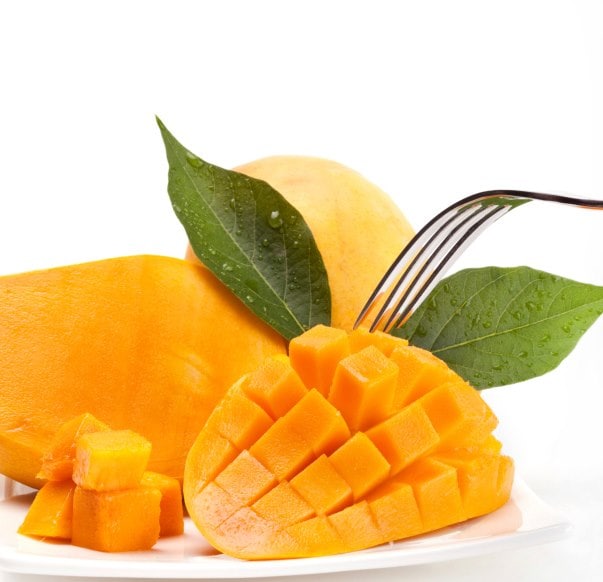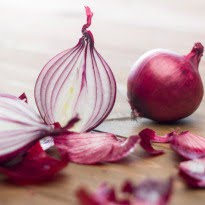
Hindi Name: Aam
One of the most popular fruits, Mango is known to be the ‘King of Fruits’ because of its rich and aromatic flavor. It is the national fruit of India and also of Pakistan. In India, the green leaves are used ritually as floral decorations.
The outer cover maybe yellow, orange or green depending on the type. The inside flesh is soft yellow, pulpy and juicy with an inedible stone. It is a summer fruit native to the Indian subcontinent. Philippines, Alphonso, Langra, Chaunsa, Dasheri, Totapuri are the most popular varieties of mangoes.
Usage
Both sour and sweet mangoes are used in cuisine. Sour, unripe mangoes are made into pickles or eaten raw with salt chilli or soy sauce. They are also made into dal. In Andhra Pradesh, unripe mangoes along with mustard are made into a pickle called Avakaya.
Sweet mangoes are eaten raw or are made into juices, smoothies, ice-creams or jellies.
Nutritional Value
Mango helps fight cancer, heart disease and eye problems. Mangoes have a high content of vitamin A and vitamin C which protects our body from oral cavity and lung cancer. Also it is a good source of vitamin E and vitamin B6 which prevents our body from various diseases and infection.
Raw mangoes help combat heat strokes. Consuming these keeps you hydrated, quenches thirst and boosts energy.
The dietary fiber content in the mangoes helps regulate the blood sugar levels. But owing to their sweetness, mangoes are not preferred for those who watch their waist line.
Did you know?
Mangoes were first grown in India 5,000 years ago.
Legend says that Buddha sat under a mango tree meditating.
[“source-ndtv”]










